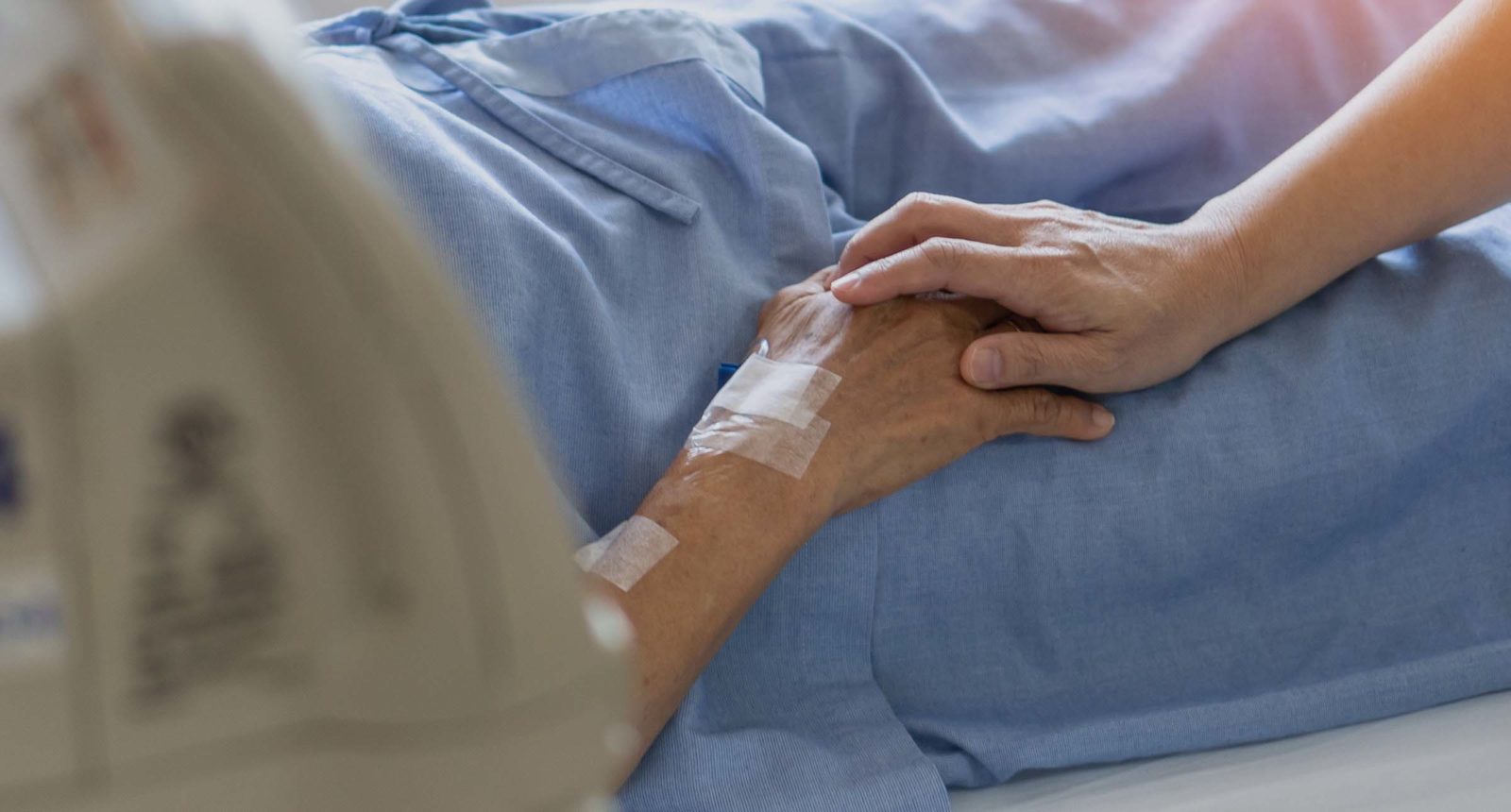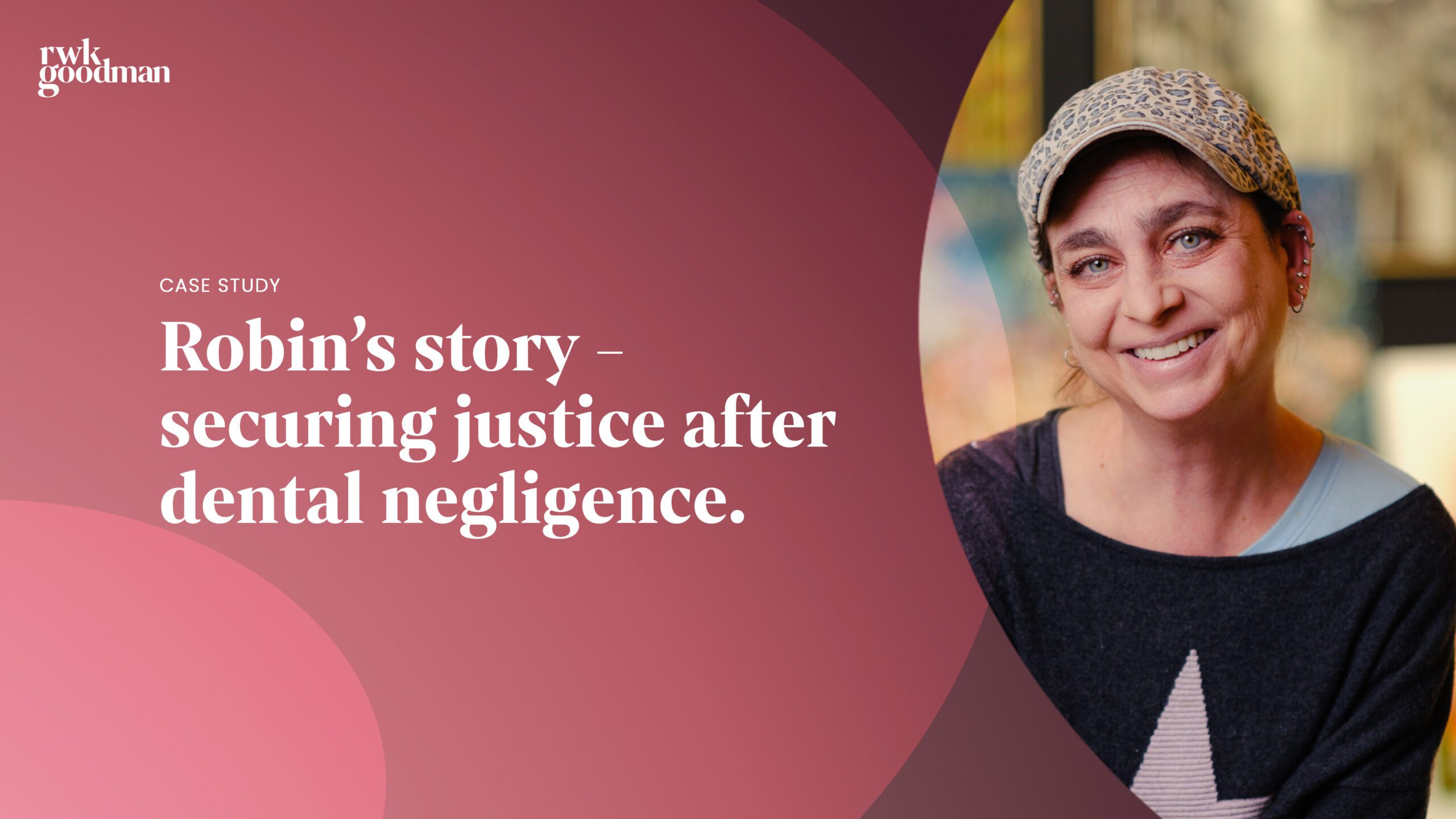Improving patient safety: How can patients be protected from medication related harm?

Earlier this year, NHS Resolution, who are the arm of the NHS responsible for delivering fair resolution of disputes and learning from harm to improve safety, published updated guidance into the prevention of medication errors.
The updated guidance states that from 1 April 2015 until March 2020, NHS resolution received 1420 claims relating to injuries sustained as a result of medication errors. Of those claims:
- 487 claims were settled with damages paid
- 438 were found to be without merit and
- 495 claims remained open.
According to NHS Resolution the total cost of the concluded claims is in excess of £19 million. The damages paid to Claimants in those cases are in the region of £10.5 million.
NHS resolution defines medication errors as “any Patient Safety Incidents (PSI) where there has been an error in the process of prescribing, preparing, suspending, administering and monitoring or providing advice on medicines.”
Medication errors can occur at several points in patient care, but usually occur at one or more of the following points:
- When the medicine is prescribed;
- When the medicine is dispensed;
- When the medicine is administered to the patient.
Errors can also occur when transcribing (the copying of previously prescribed medicines to enable their administration) and in monitoring a patient’s medication and any adverse effects.
Examples of the claims received by NHS resolution include:
- The death of a patient due to a bleed, as a result of heparin being mistakenly administered following a biopsy.
- The death of a patient from a pulmonary embolism, as a result of a failure to administer anticoagulants in a timely manner
- A patient who suffered from pain and Post Traumatic Stress Disorder as a result of inadequate anaesthesia being given prior to a caesarean section.
- A failure to calculate and administer the correct dosage of morphine, resulting in ongoing impairment of function.
The updated guidance makes recommendations such as ensuring that robust policies and procedures are in place; making sure that NHS staff are aware of such policies; ensuring that a designated person monitors medication safety updates; ensuring that regular audits are carried out; regular review of each organisations medication errors claims and ongoing education of staff.
As a lawyer who has represented patients harmed by medication errors, I welcome any measures that help to improve patient safety. However, in my experience, serious harm caused to patients by medication errors is a much larger problem than the updated NHS guidance suggests.
Recent shocking figures from NHS England, obtained and reported by the Guardian newspaper, show that almost 6,000 patients were harmed by prescription errors in the NHS in 2021. 49 of these incidents resulted in severe harm and 29 resulted in the patient’s death, including a pregnant woman, who died after being given an incorrect dosage of anti-coagulant medicine.
Whilst these figures are shocking, sadly they are not at all surprising. When these incidents occur, we are told that “lessons will be learnt”, yet we see these incidents occurring, and patients being harmed, again and again.
I agree with NHS resolution that the key to reducing medication errors is ensuring that robust policies, procedures and systems are in place for the prescribing, dispensing and administration of medications. However these policies, procedures and systems must also be properly implemented and staff given the appropriate training, if harm caused by medication errors is to be avoided.

Contact our Medical Negligence team:
If you suffer an injury caused by medical negligence, it can have a devastating impact not just on your own lifestyle, but on your whole family’s way of life too. At what may be a particularly distressing time, you want to be sure you can count on expert help. That’s where we come in.

